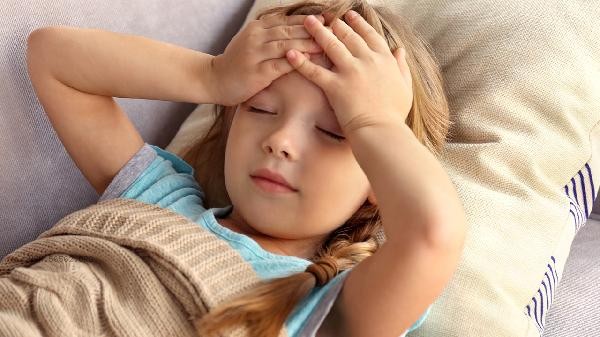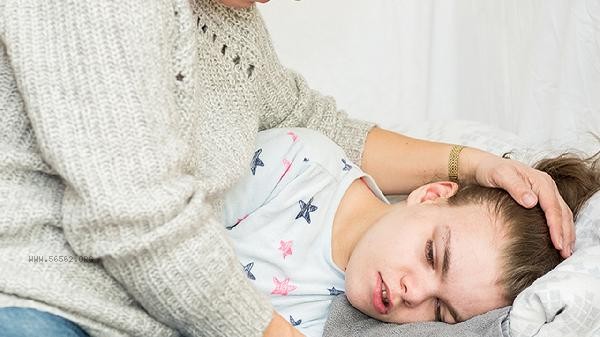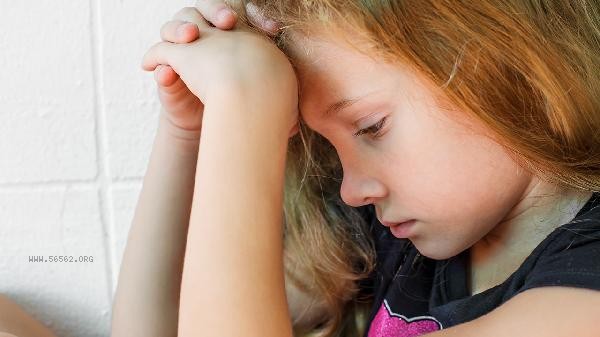Girls with depression need patient companionship and professional guidance from family and friends, with the key being multidimensional interventions such as emotional support, environmental adjustment, moderate exercise, psychological counseling, and necessary medication treatment. Depression may be related to genetic factors, academic stress, social distress, family conflicts, or hormonal changes. It is recommended to seek timely help from a psychologist.

1. Emotional Support
Maintain non judgmental listening, avoid preaching or denying their feelings, and convey warmth through simple physical contact. Ask her about her status at a fixed time every day, but do not excessively inquire about details, and focus on expressing your willingness to accompany her at any time. Record the regularity of her emotional fluctuations to help doctors assess the progression of her condition.
2. Environmental adjustment
Reduce exposure to stimulating environments, temporarily lower academic or work requirements, and negotiate to adjust the pace of life. Organize a safe and comfortable private space, add soft lighting and green plants. Develop a simple daily task list together, and give specific affirmation instead of general praise for each completed item.
3. Moderate exercise
Choose low-intensity group activities such as walking, yoga, or swimming, starting at 20 minutes three times a week. Play her favorite music during exercise and prioritize outdoor environments with ample natural light. Pay attention to observing emotional changes after exercise to avoid feeling frustrated due to excessive fatigue.

4. Psychological counseling
Cognitive behavioral therapy can help identify negative thinking patterns, and mindfulness training can improve emotional regulation ability. Before the initial consultation, you can assist in compiling a list of questions for discussion, but respect their privacy rights. Regularly communicate with consultants about the effectiveness of auxiliary interventions and do not change treatment plans without authorization.
5. Drug therapy
Fluoxetine hydrochloride capsules are suitable for depressive episodes accompanied by anxiety, escitalopram oxalate tablets have a better effect on adolescent depression, and olanzapine tablets can improve sleep disorder depression. All medications must be strictly used according to medical advice, and attention should be paid to observing changes in appetite and side effects such as gastrointestinal reactions. The rehabilitation of depression requires long-term systematic intervention, and parents should learn about the disease to avoid mistaking symptoms for laziness or rebellion. While maintaining a regular daily routine, auxiliary methods such as art therapy and pet companionship can be gradually introduced. Regularly follow up to assess changes in the patient's condition and be alert to self injury and suicide risk signals. Establish a support network that includes class teachers, family and friends, but all interventions should prioritize patient comfort.






Comments (0)
Leave a Comment
No comments yet
Be the first to share your thoughts!